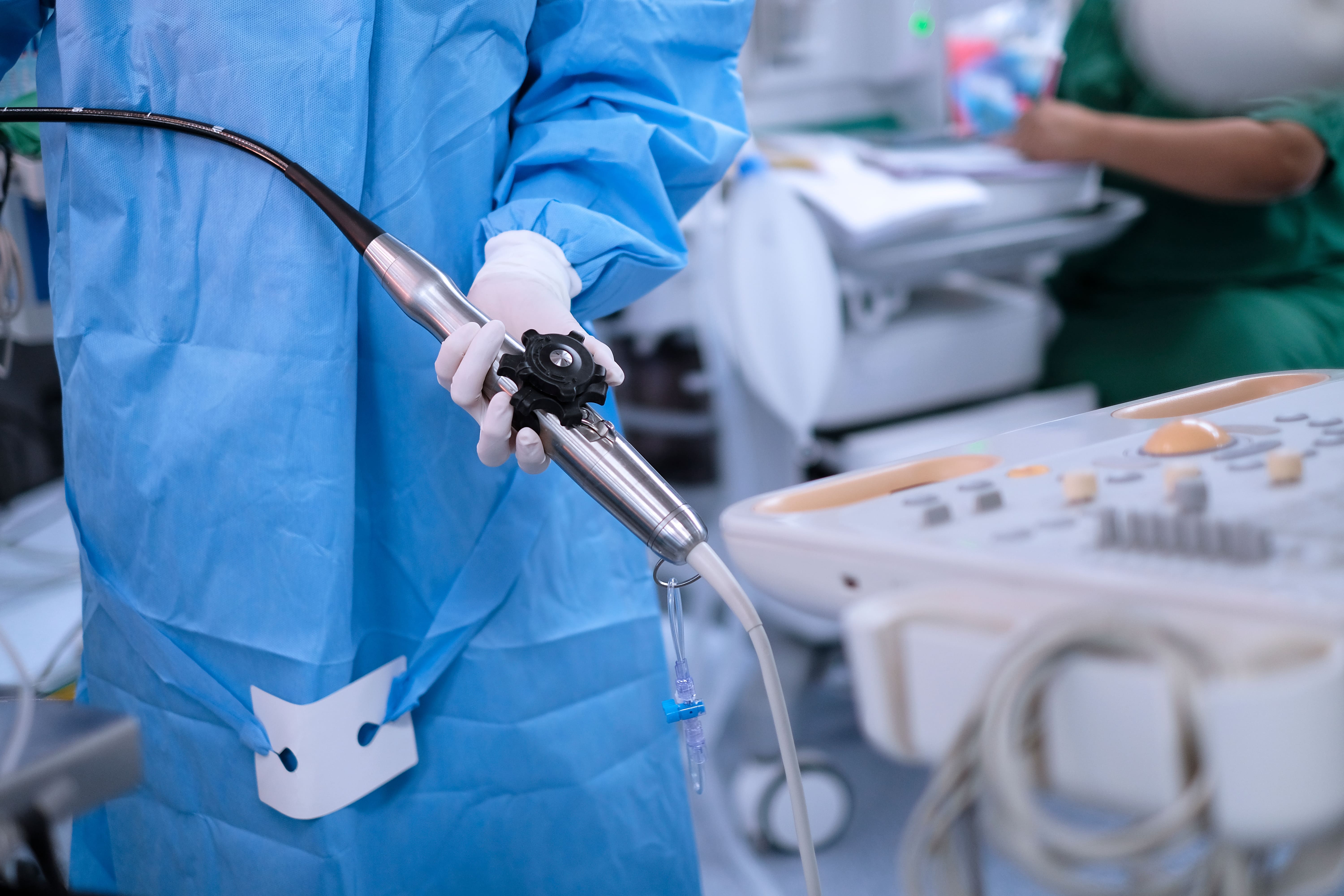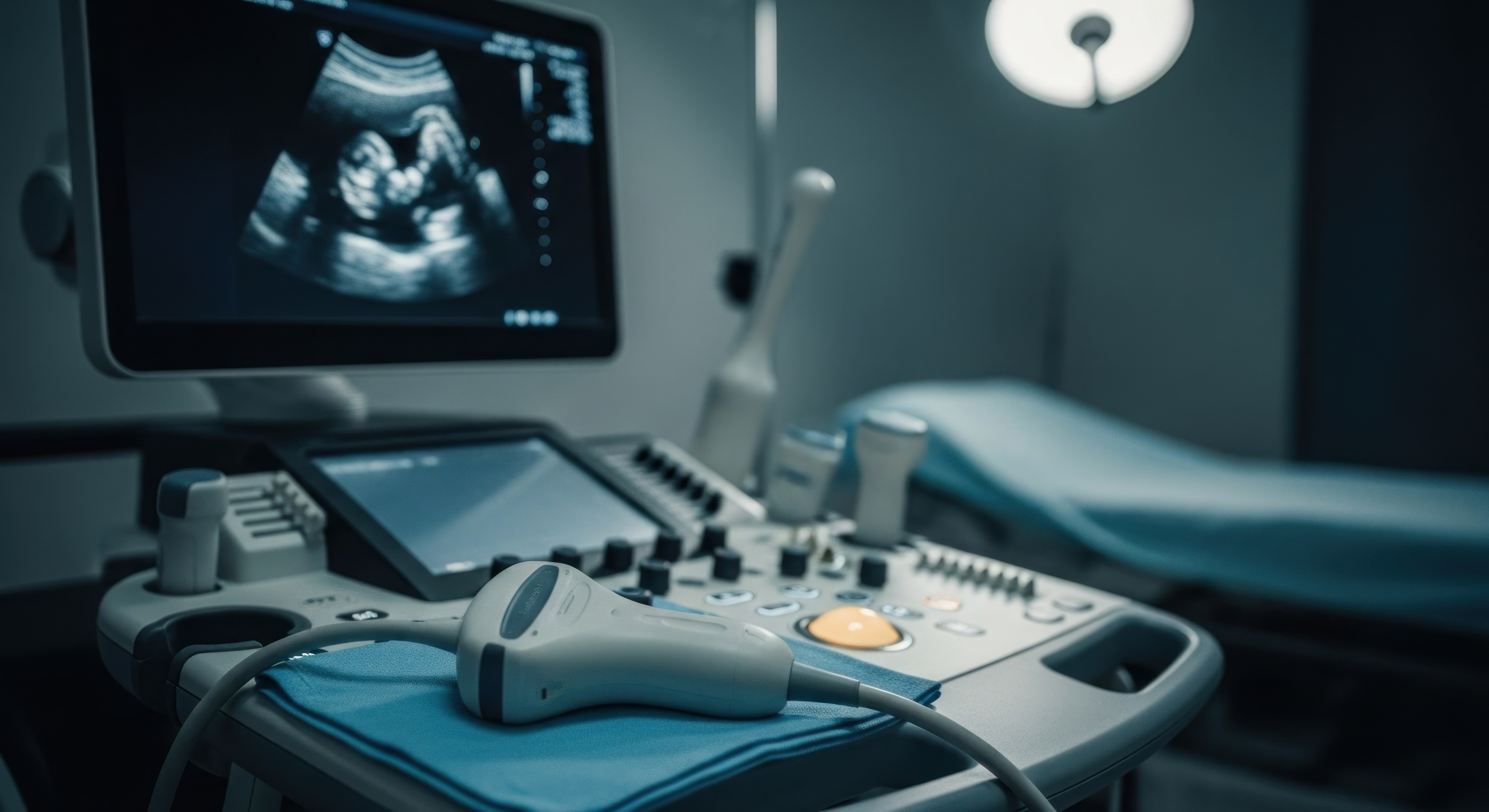What do you have to look out for with visible dirt?
As UV-C light emits short wavelengths, it cannot penetrate dirt, heavy pollution and liquids. Such things therefore remain present on the surface to be disinfected. UV light does not work in the same way as chemical disinfectants, which do remove these substances. This means that if the surface to be disinfected has visible dirt on it, this must be removed – for instance, with a cloth and water. Research has shown that disinfection with UV-C light is highly effective when dirt and dust are removed with water before a surface is exposed to UV-C light.
Tip: Check for visible dirt and rinse it off with water and a cloth!
Where do shadows fit into this?
The fact that UV-C light works by line of sight also means that it does not work when there are shadows present (Figure 1). Therefore, when using UV-C light to disinfect surfaces, you must ensure that the light reaches the entire surface and that no part of the surface is covered by shadows. This is why UV-C disinfection boxes tend to be highly reflective, to ensure that light reaches all parts of the box. It is crucial that no objects be placed on top of each other inside the box, as such objects will cast shadows!
Tip: Make sure that no shadows are created when using a UV-C disinfection box. Do not stack things on top of each other. Make sure that the light reaches all parts of the box!
When disinfecting a room with UV-C light, it is quite likely that shadows will be cast. Therefore, manual cleaning is useful in those areas where shadows are present, and which thus cannot be reached by UV-C light. There is a great deal of research that shows that manual cleaning and manual disinfection methods have their limitations, with studies showing that only 30-50% of targeted surfaces are properly cleaned due to product and protocol failures. This increases the need for UV disinfection to provide an additional layer of enhanced protection to complement manual (chemical) cleaning and disinfection.
If you would like to learn more about UV-C disinfection, be sure to read this article about the effectiveness of UV-C products.
- Trowan. C. (2021). UVC disinfection technology: Why an industry standard must be set. https://www.healtheuropa.eu/uvc-disinfection-technology-why-an-industry-standard-must-be-set/109678/









.jpg)
